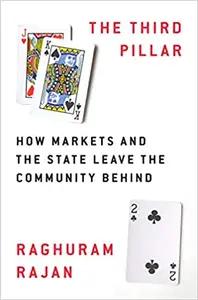The Third Pillar: How Markets and the State Leave the Community Behind
By Raghuram Rajan
Category
EconomicsRecommended by
"The Third Pillar" by Raghuram Rajan is a compelling exploration of the challenges faced by communities around the world amidst globalization and technological advancements. In this book, Rajan argues that while market and state are considered the dominant pillars of society, a third pillar—the community—is essential for a prosperous and inclusive society.
Rajan takes readers on a journey through history to analyze the rise and decline of communities. From the village to the city, he examines how sweeping changes, such as urbanization and migration, have impacted social and economic dynamics. Drawing from both historical examples and contemporary case studies, Rajan makes a persuasive case for the revitalization of communities as a means to address pressing issues like inequality and political polarization.
Through extensive research and insightful analysis, Rajan highlights the unique roles that communities play in providing a sense of identity, cultivating trust, and creating social cohesion. He emphasizes the importance of empowering local communities to actively participate in decision-making processes and design their own solutions, rather than relying solely on top-down approaches.
"The Third Pillar" presents a balanced critique of both market-driven capitalism and centralized governance. Rajan argues that a healthy balance between the three pillars is crucial for the wellbeing of societies and the sustainability of democratic systems. By promoting strong communities that foster resilience, empathy, and collective action, Rajan believes we can effectively address systemic challenges and build a fairer and more inclusive future.
With its thought-provoking ideas and engaging storytelling, "The Third Pillar" offers a fresh perspective on the role of communities in modern society. Rajan’s vision of a society where individuals, institutions, and communities work harmoniously together serves as a powerful reminder of the importance of fostering strong social bonds in the face of rapid global change.
Rajan takes readers on a journey through history to analyze the rise and decline of communities. From the village to the city, he examines how sweeping changes, such as urbanization and migration, have impacted social and economic dynamics. Drawing from both historical examples and contemporary case studies, Rajan makes a persuasive case for the revitalization of communities as a means to address pressing issues like inequality and political polarization.
Through extensive research and insightful analysis, Rajan highlights the unique roles that communities play in providing a sense of identity, cultivating trust, and creating social cohesion. He emphasizes the importance of empowering local communities to actively participate in decision-making processes and design their own solutions, rather than relying solely on top-down approaches.
"The Third Pillar" presents a balanced critique of both market-driven capitalism and centralized governance. Rajan argues that a healthy balance between the three pillars is crucial for the wellbeing of societies and the sustainability of democratic systems. By promoting strong communities that foster resilience, empathy, and collective action, Rajan believes we can effectively address systemic challenges and build a fairer and more inclusive future.
With its thought-provoking ideas and engaging storytelling, "The Third Pillar" offers a fresh perspective on the role of communities in modern society. Rajan’s vision of a society where individuals, institutions, and communities work harmoniously together serves as a powerful reminder of the importance of fostering strong social bonds in the face of rapid global change.
Share This Book 📚
More Books in Economics
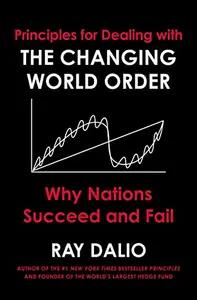
Principles for Dealing With The Changing World Order
Ray Dalio
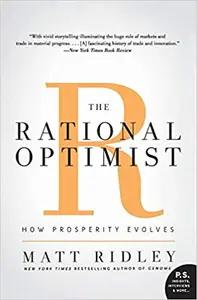
The Rational Optimist
Matt Ridley
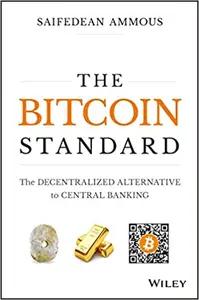
The Bitcoin Standard
Saifedean Ammous
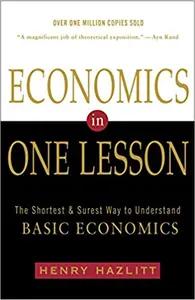
Economics in One Lesson
Henry Hazlitt
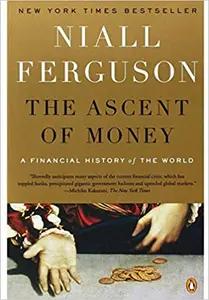
The Ascent of Money
Niall Ferguson

Enlightenment Now
Steven Pinker
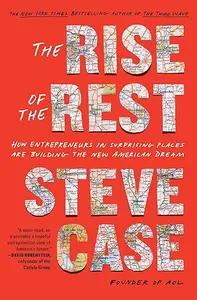
The Rise of the Rest
Steve Case

The Road to Serfdom
F.A. Hayek
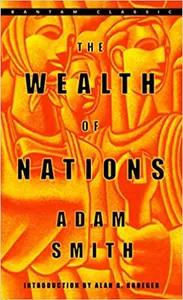
The Wealth of Nations
Adam Smith
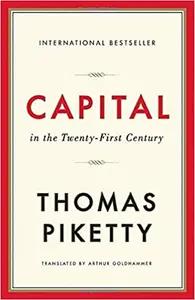
Capital In The 21st Century
Thomas Piketty
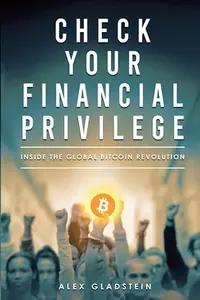
Check Your Financial Privilege
Alex Gladstein
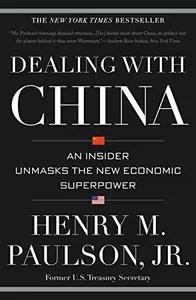
Dealing with China
Henry Paulson
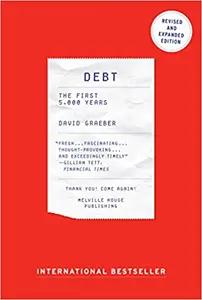
Debt
David Graeber

Human Action
Ludwig Von Mises
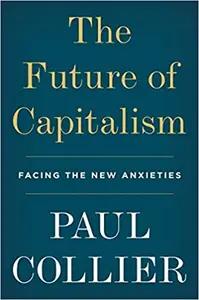
The Future of Capitalism
Paul Collier

The Prize
Daniel Yergin
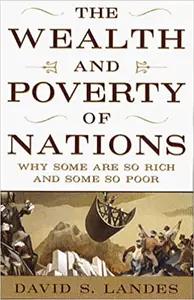
The Wealth and Poverty of Nations
David Landes

Thinking In Systems
Donella H. Meadows
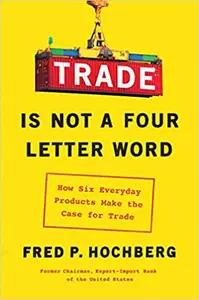
Trade Is Not A Four Letter Word
Fred Hochberg
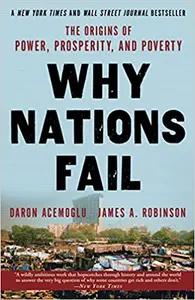
Why Nations Fail
Daron Acemoglu

A Great Leap Forward?
John Mauldin & Worth Wray
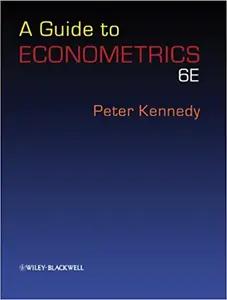
A Guide To Econometrics
Peter E. Kennedy
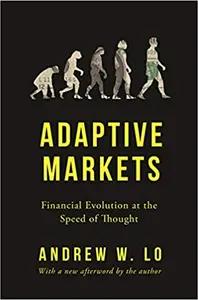
Adaptive Markets
Andrew Lo

Age Of Ambition
Evan Osnos

An Apology for the Builder
Nicholas Barbon
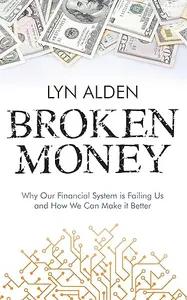
Broken Money
Lyn Alden

Bureaucracy
Ludwig Von Mises

Capitalism Without Capital
Jonathan Haskel & Stian Westlake

Central Banking 101
Joseph Wang
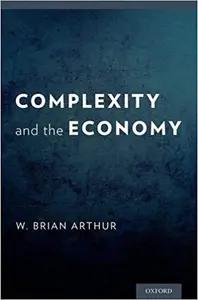
Complexity and the Economy
W. Brian Arthur
Popular Books Recommended by Great Minds 📚

Extreme Ownership
Jocko Willink
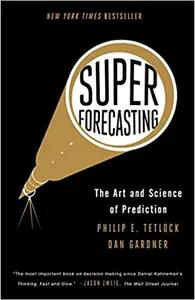
Superforecasting
Philip Tetlock

The Courage To Be Disliked
Ichiro Kishimi
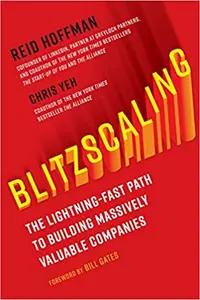
Blitzscaling
Reid Hoffman

The Lord of the Rings
J.R.R. Tolkien

The Innovators Dilemma
Clayton Christensen
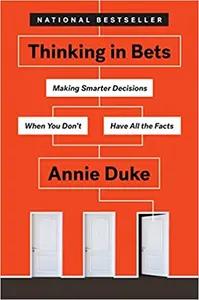
Thinking In Bets
Annie Duke
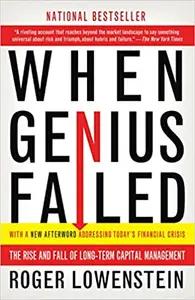
When Genius Failed
Roger Lowenstein

The Holy Bible
Various
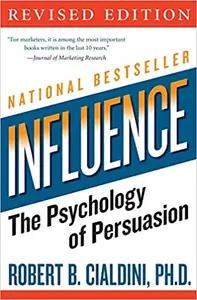
Influence
Robert Cialdini
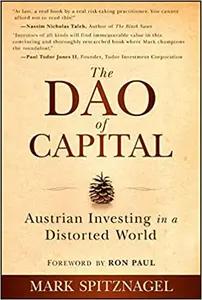
The Dao of Capital
Mark Spitznagel
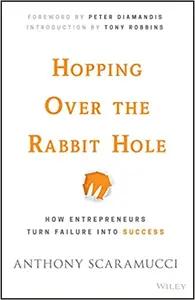
Hopping Over The Rabbit Hole
Anthony Scaramucci
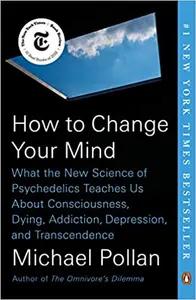
How to Change Your Mind
Michael Pollan

Einstein
Walter Isaacson

Destined For War
Graham Allison

The Hitchhikers Guide to the Galaxy
Douglas Adams
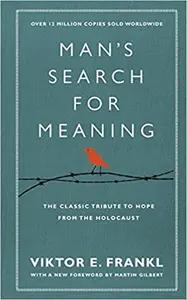
Man's Search for Meaning
Viktor Frankl
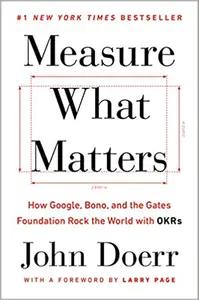
Measure What Matters
John Doerr
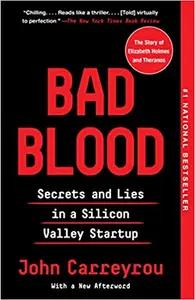
Bad Blood
John Carreyrou
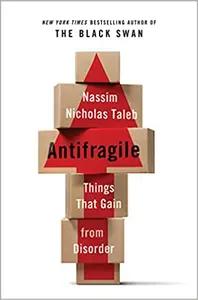
Antifragile
Nassim Nicholas Taleb

The Checklist Manifesto
Atul Gawande

The Autobiography of Benjamin Franklin
Benjamin Franklin

Meditations
Marcus Aurelius
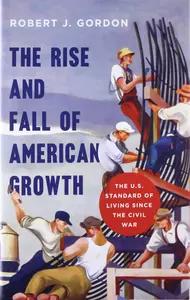
The Rise And Fall Of American Growth
Robert J. Gordon

Range
David Epstein

Dune
Frank Herbert
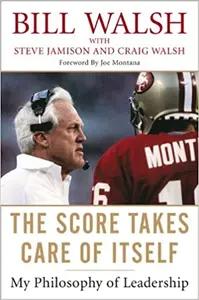
The Score Takes Care of Itself
Bill Walsh

Foundation
Isaac Asimov
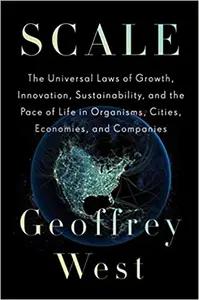
Scale
Geoffrey West

7 Powers
Hamilton Helmer
